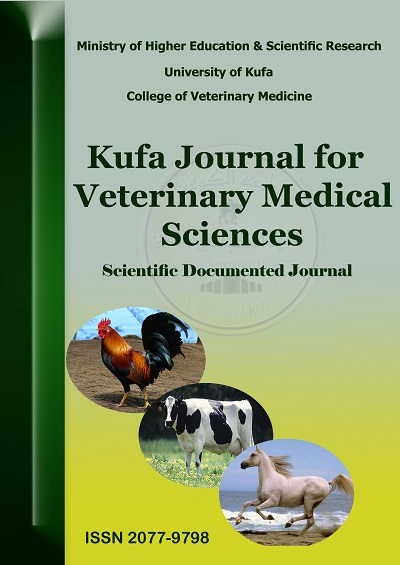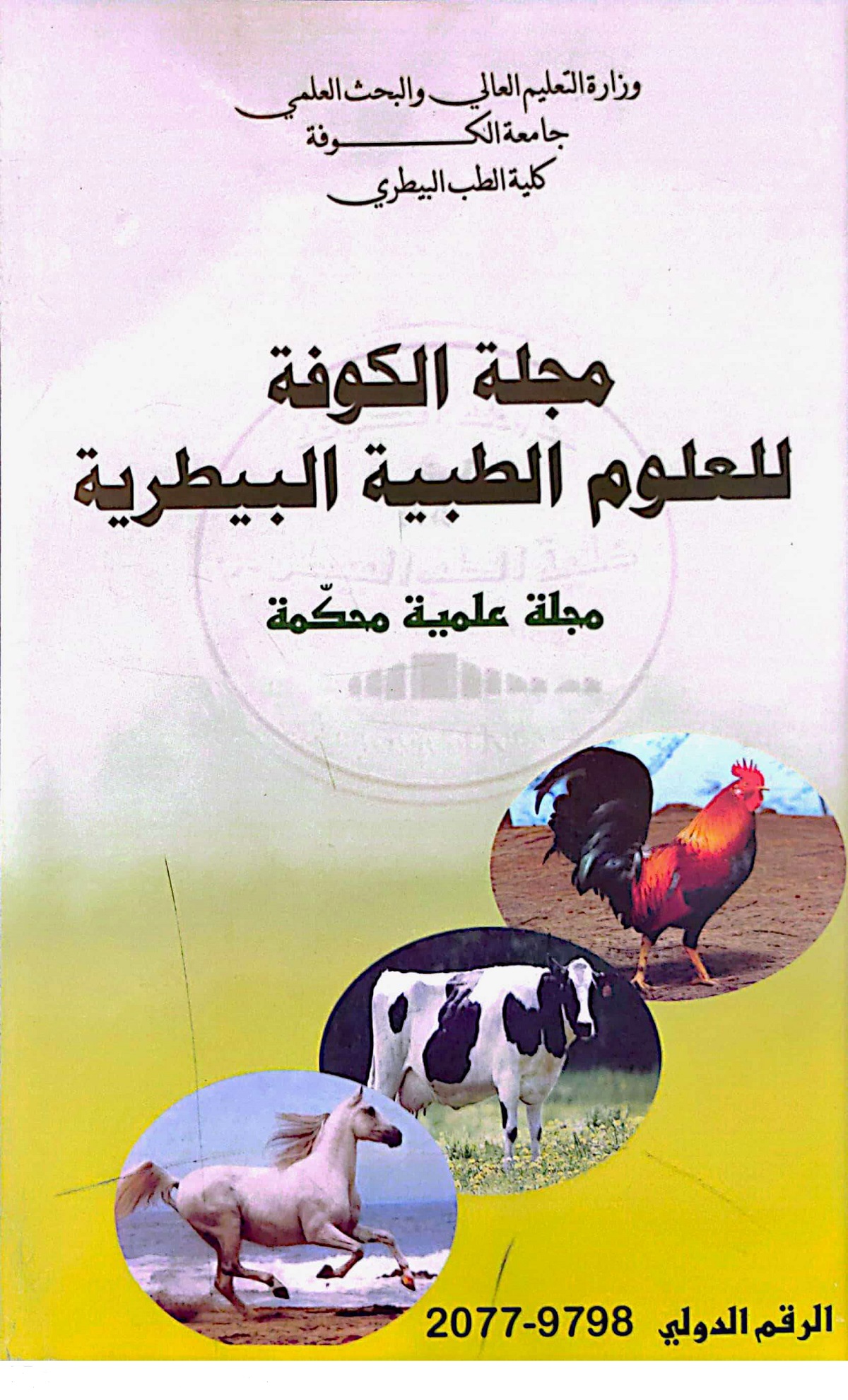Morphological and microscopical comparison features of bacillus cereus isolates
DOI:
https://doi.org/10.36326/kjvs/2010/v1i24062Keywords:
Colony morphology, milk, Polymyxine pyruvate, morphological and microscopicallyAbstract
Fifty seven samples of milk and infant formula were taken to isolate Bacillus cereus. The percentage of these bacteria was 6.5% and 15% in milk and 22.2% in infant formula. Polymyxine pyruvate egg yolk mannitol bromothymol blue agar (PEMBA) and blood agar were conducted to grow B. cereus in this study. Colony morphology onPEMBA and Blood agar were used along with gram staining and spore staining methods to compare the morphological and microscopically features with the standard strain. The importance of intensity and severity of this organism in food poisoning due to ingestion of incriminated milk and milk products led to this study.
The understanding of the presence and distribution of B. cereus discovered the contamination spots inBaghdad markets and the farms inBaghdad districts to make the authorities able to diagnose these contamination areas in order to control and prevent the infection.
The aim of this study is to reveal the availability of B. cereus in milk and infant formula in the local dairy farms and the markets of the districts inBaghdad.
Downloads
Downloads
Published
How to Cite
Issue
Section
License
Copyright (c) 2023 Abdul-Hadi A. Abd, Nadia Ibrahim Abdul-AlElah, Osama Abdul-AlRazak ddd

This work is licensed under a Creative Commons Attribution 4.0 International License.













